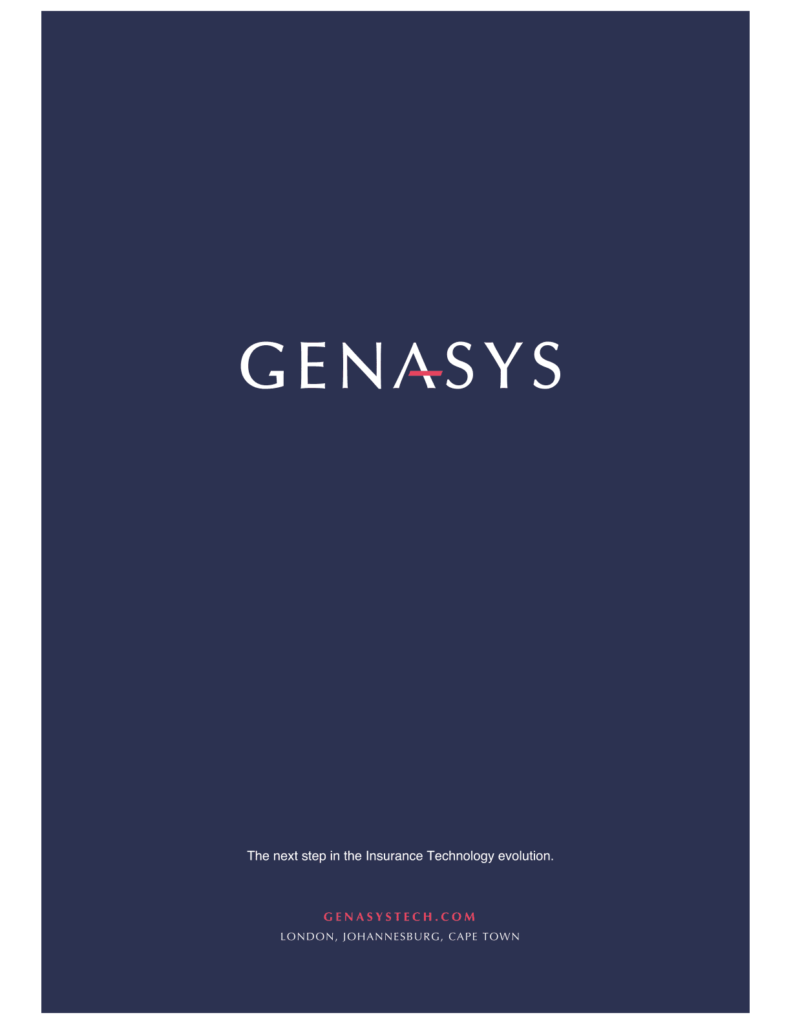
Mariska Comins, Head of Technical at PSG Wealth
The role of a financial planner and adviser, and the approach to financial planning and advice, have evolved considerably over the past decade.
This has happened as the insurance and investment landscapes have become more complex, not only in terms of the number of product offerings but also in terms of increased regulation. Advisers also need to reconsider how they deliver value-added insights to their clients, and build and manage relationships, given a rapidly advancing technological landscape.
In this evolving environment, single needs advice is no longer fit for purpose. It is now best practice to consider the entire client portfolio and take the client’s holistic financial needs into account, including the client’s family and business interests where needed.
This requires a deep understanding of the insurance and investment industries, and therefore financial advisers need to be well qualified and very well informed. In many cases, there is the need to collaborate with other experts in the fields of tax and corporate services, fiduciary services, and estate planning, and for advisers to become the ‘lead adviser’ facilitating the entire financial planning process.
However, financial and insurance advice has also moved to a place where product, technical and analytical advice is only the starting point*.* Knowing your client and understanding their behaviour is essential for the modern financial adviser, and the relationship should be a lifelong one, with advice evolving as part of the journey.
Advisers now take significant amounts of time getting to know their clients and understand their personalities and the potential behavioural patterns of personality types. This informs product selection, the client journey and ultimately the entire advice process. Particularly in times of stress, it is important to understand what drives a client’s behaviour and how to facilitate the best outcome for the client.
Personality types, and their relationship with money, also inform the setting of, and planning for, clients’ long-term financial goals.
The relationship between advisers and clients has also evolved. This is in part due to the fact that advisers now interact and communicate more frequently, albeit through different mediums, than what was the case in the past. Zoom and Teams meetings are everyday occurrences and forgotten are the early days of the pandemic where everyone struggled with the adoption of these platforms.
These, at times subtle, changes to the advice industry are also enabling advisers to assume guidance and coaching roles in a client’s financial planning process, laying the foundations for a long-term relationship. This, combined with technology enhanced analysis and planning, and a deep understanding of a client’s needs, goals and personality, results in the creation of a truly holistic financial plan with the best possible outcomes for the client.


